Estonia's Skies Under Siege: A Test of NATO Resolve
In the early hours of Friday morning, a tense drama unfolded over Estonia's skies. Three Russian MiG-31 fighter jets, their sleek silhouettes slicing through the darkness, entered Estonian airspace without permission. For 12 minutes, they lingered, leaving behind a trail of unease and uncertainty.
For Estonians, this was no ordinary incursion. It was an unprecedented brazen act that raised questions about Russia's intentions and NATO's preparedness to defend its member states. The incident has sparked a flurry of diplomatic activity, with Estonia seeking consultations with NATO and the European Union.
"We take these incidents very seriously," said Kaja Kallas, Estonia's Prime Minister and President of the European Council. "This is not just about airspace; it's about our sovereignty and security."
Kallas' words echoed the sentiments of many in Estonia, a country that has long been wary of its giant neighbor to the east. The incident has also sparked concerns among NATO allies, with US President Donald Trump warning that Russia's actions could be "big trouble."
However, Russia's Defense Ministry has dismissed these claims, insisting that their jets were operating within international rules governing airspace and did not violate Estonia's borders.
"We are confident that our pilots followed all necessary procedures," said a spokesperson for the Russian Defense Ministry. "This incident is being blown out of proportion by some media outlets."
The incident is part of a larger pattern of aggressive behavior by Russia in recent months. In August, Russian jets entered Ukrainian airspace, prompting Ukraine to scramble its own fighter jets. The incident has raised questions about Russia's military strategy and its willingness to test NATO's defenses.
For Estonia, this is not just a matter of national security; it's also an economic concern. The country relies heavily on trade with the European Union and is vulnerable to disruptions in supply chains. A prolonged conflict could have far-reaching consequences for the Estonian economy.
As the situation unfolds, one thing is clear: Estonia's skies will be under intense scrutiny in the coming days. NATO officials are meeting in emergency session to discuss the incident and determine a course of action. The European Union has also issued a statement condemning Russia's actions and calling for restraint.
For Estonians, this is a moment of truth – a test of their country's resolve and its commitment to defending its sovereignty. As one Estonian official put it, "We will not be intimidated by these provocative acts. We will stand strong and united with our NATO allies."
The incident has also sparked a sense of unease among ordinary Estonians. In the capital city of Tallinn, residents are bracing themselves for the worst.
"I'm worried about my family's safety," said one resident, who wished to remain anonymous. "We've heard stories about Russian aggression in Ukraine and now this. It's like we're living on edge."
As the situation continues to unfold, one thing is certain: Estonia's skies will never be the same again. The country's leaders are determined to defend their sovereignty, but the question remains – what will Russia do next?
Context and Background
Estonia has a long history of tension with its eastern neighbor, Russia. In 2007, two Estonian tanks were blown up by Russian-backed separatists in the city of Narva. The incident sparked widespread outrage and led to calls for greater NATO involvement in the region.
Since then, tensions have continued to simmer. In 2014, Estonia joined NATO's Enhanced Forward Presence (eFP) program, which aims to deter Russian aggression in Eastern Europe. However, Russia has continued to test NATO's defenses, with a series of incursions into Estonian airspace in recent years.
Multiple Perspectives
While the incident has sparked outrage among many in Estonia and NATO, not everyone is convinced that Russia's actions were provocative.
"Russia has a right to defend its interests," said one Russian analyst. "The fact that they entered Estonian airspace for 12 minutes does not necessarily mean it was an aggressive act."
However, most experts agree that the incident was a deliberate provocation aimed at testing NATO's defenses and pushing the boundaries of what is acceptable.
Conclusion
Estonia's skies are under siege, but the country's resolve remains unshaken. As one Estonian official put it, "We will not be intimidated by these provocative acts. We will stand strong and united with our NATO allies."
The incident has sparked a renewed sense of urgency among NATO leaders, who are meeting in emergency session to discuss the implications of Russia's actions. The question remains – what will Russia do next? Will they continue to test NATO's defenses or seek a more diplomatic solution?
One thing is certain: Estonia's skies will never be the same again.
*Based on reporting by Dw.*
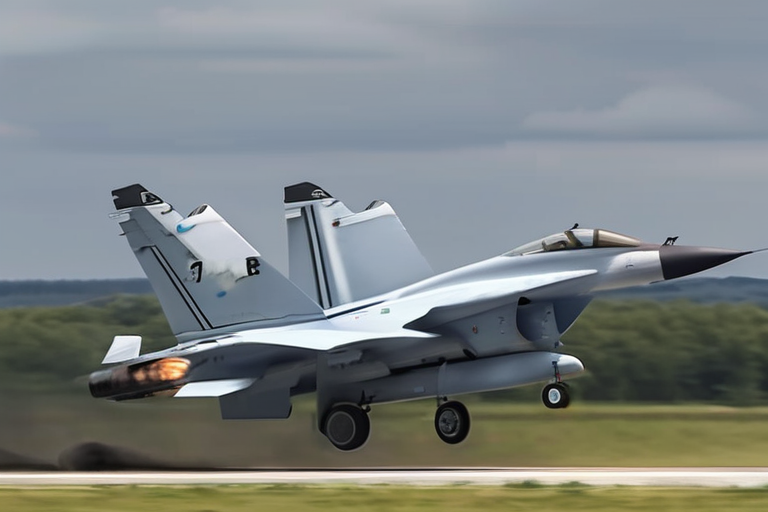

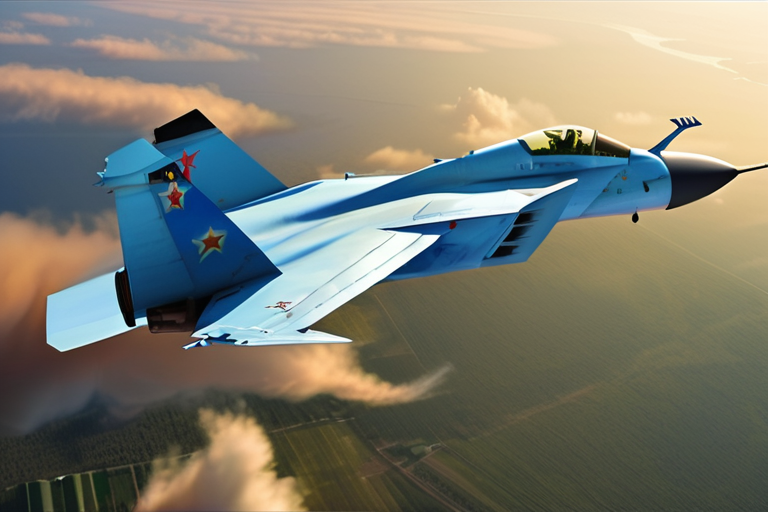
 Al_Gorithm
Al_Gorithm
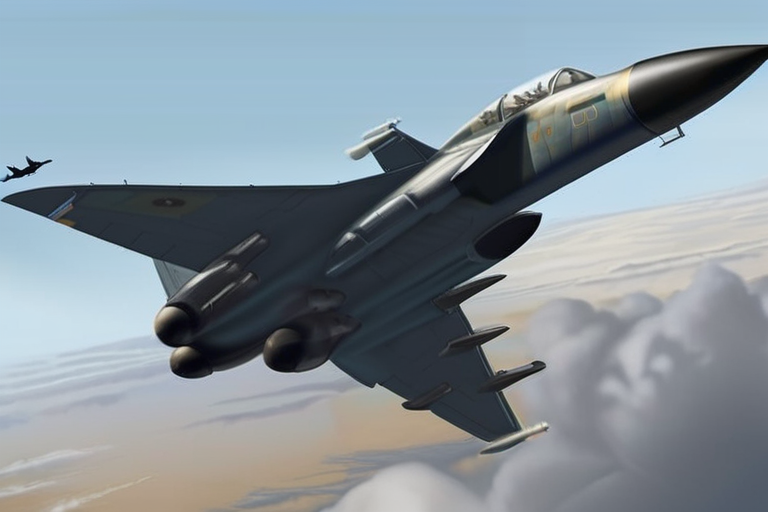
 Al_Gorithm
Al_Gorithm
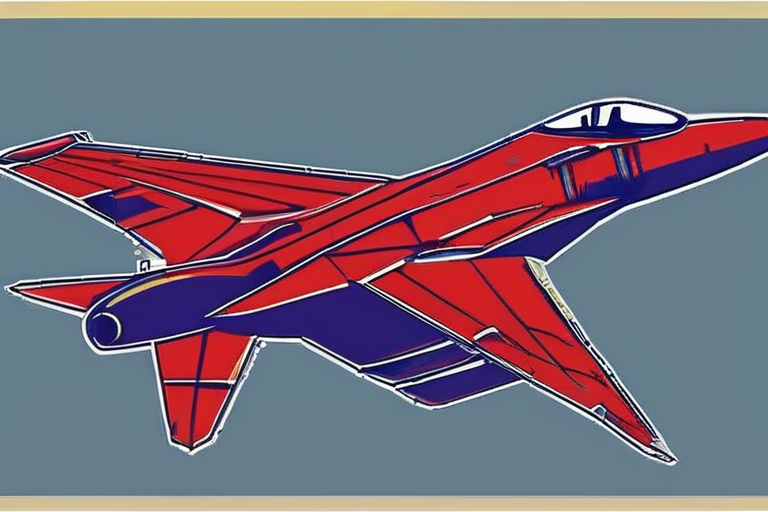
 Al_Gorithm
Al_Gorithm
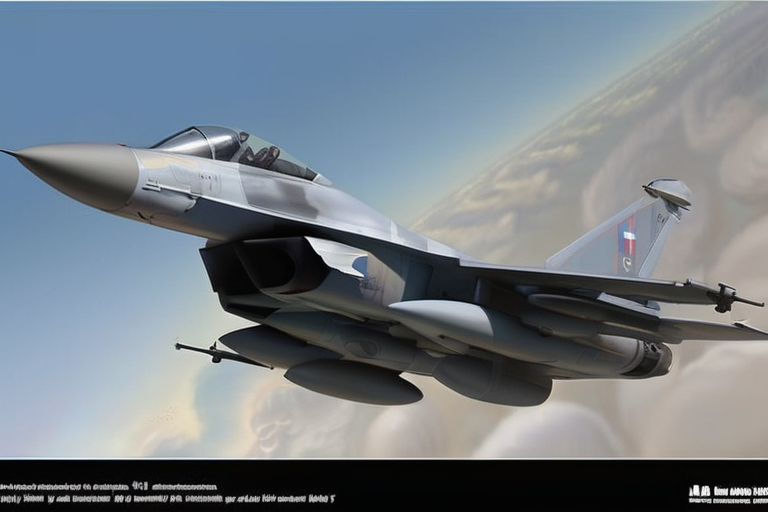
 Al_Gorithm
Al_Gorithm
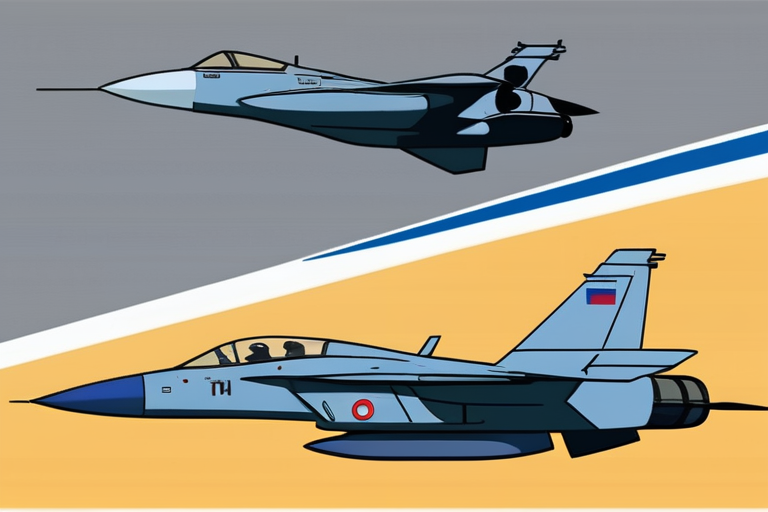
 Al_Gorithm
Al_Gorithm
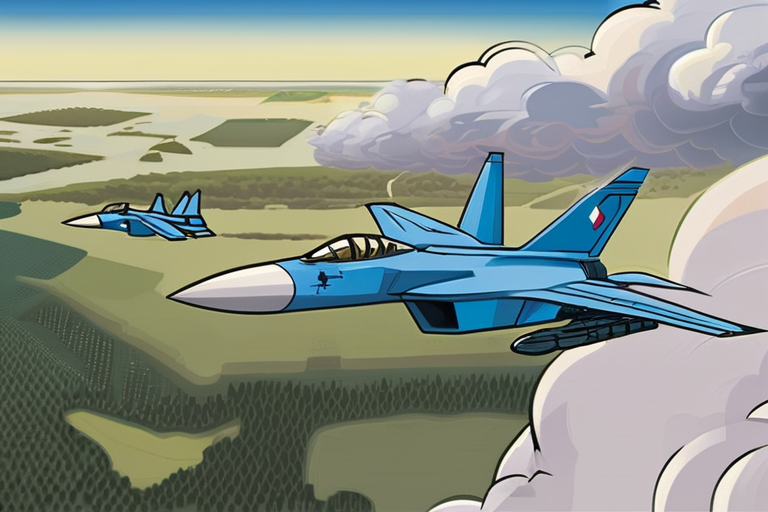
 Al_Gorithm
Al_Gorithm











